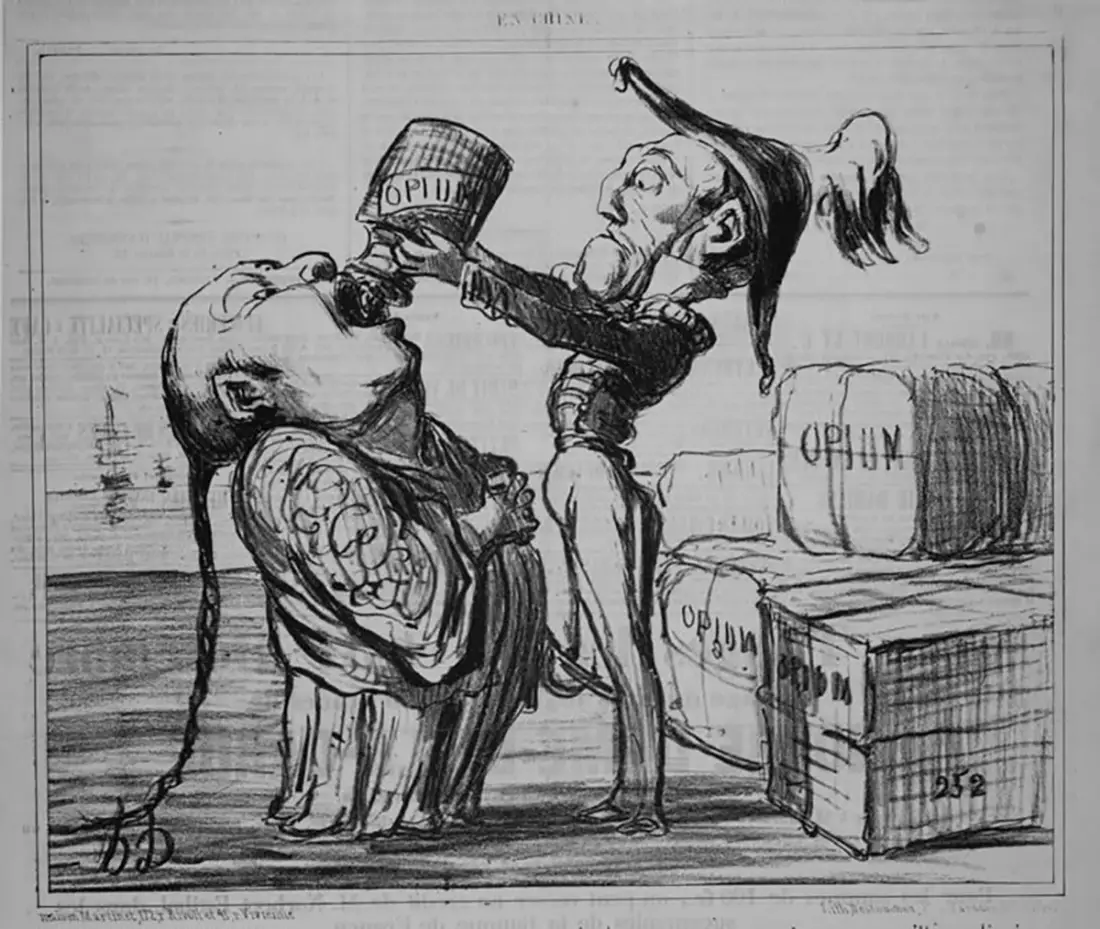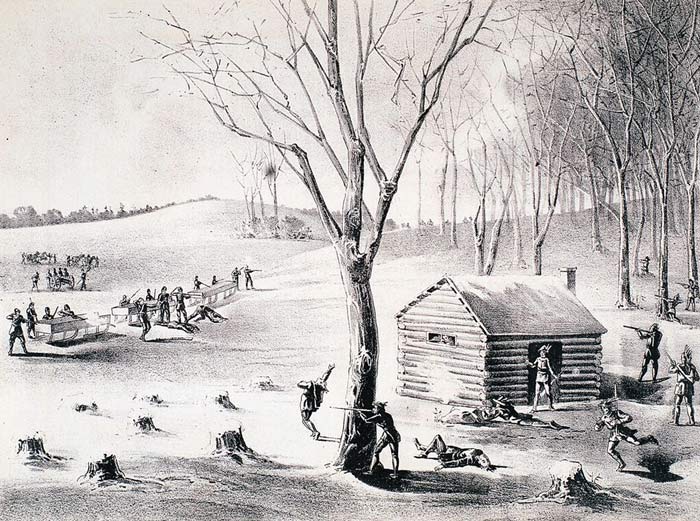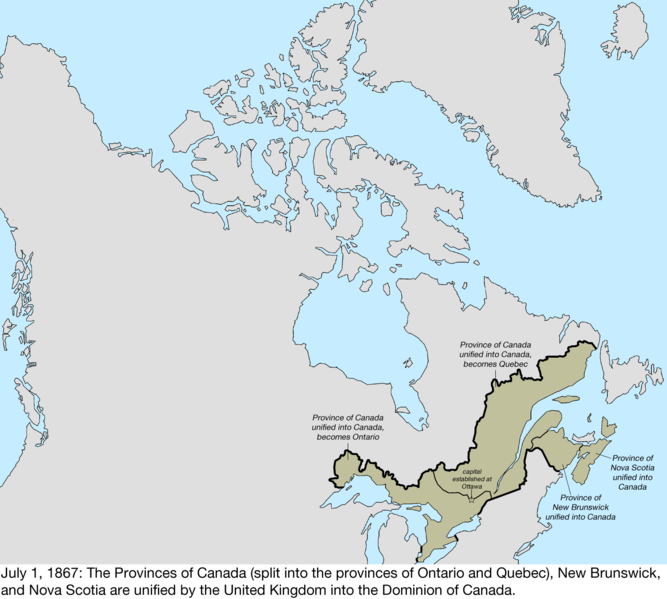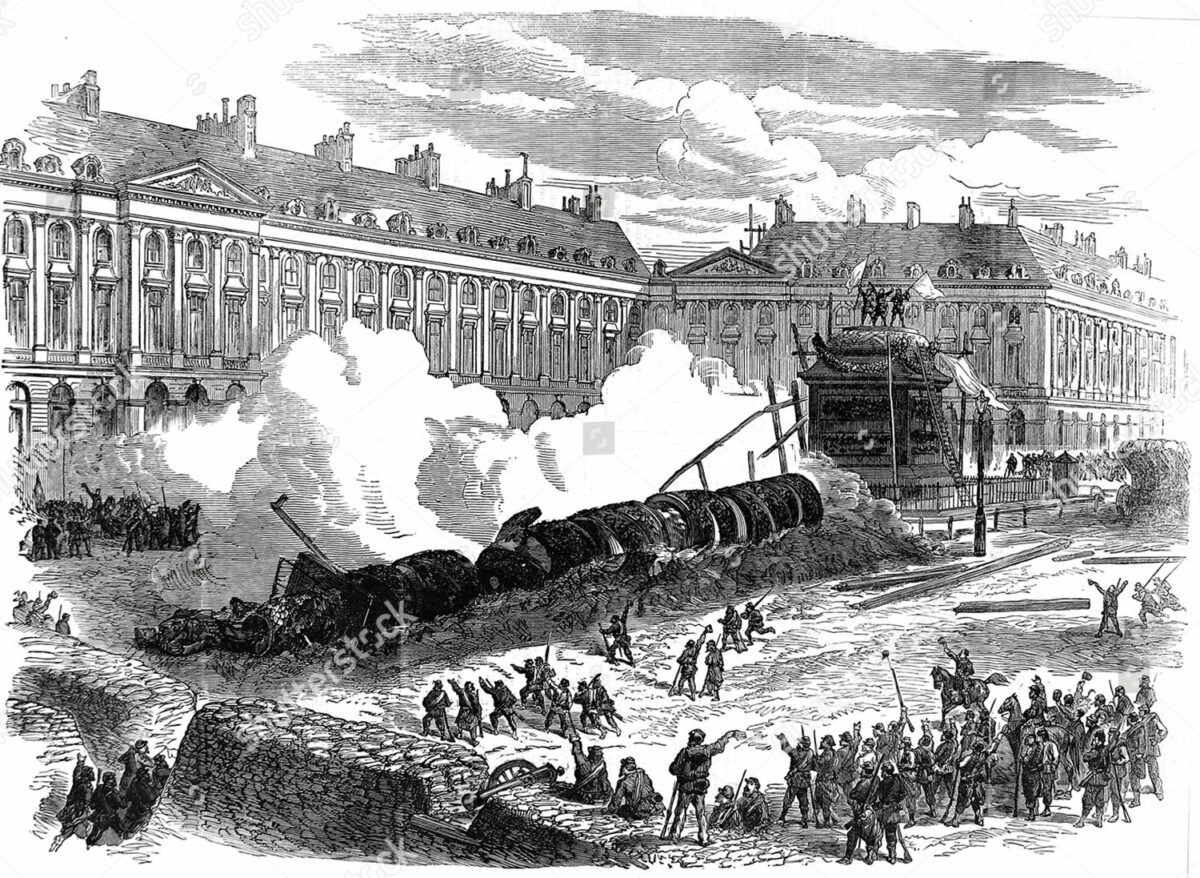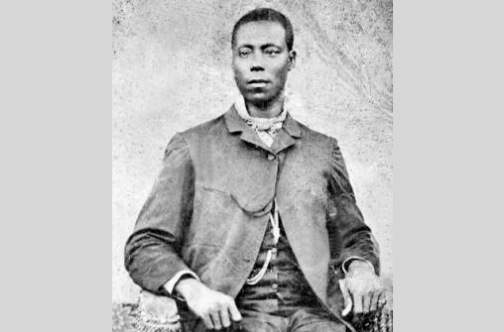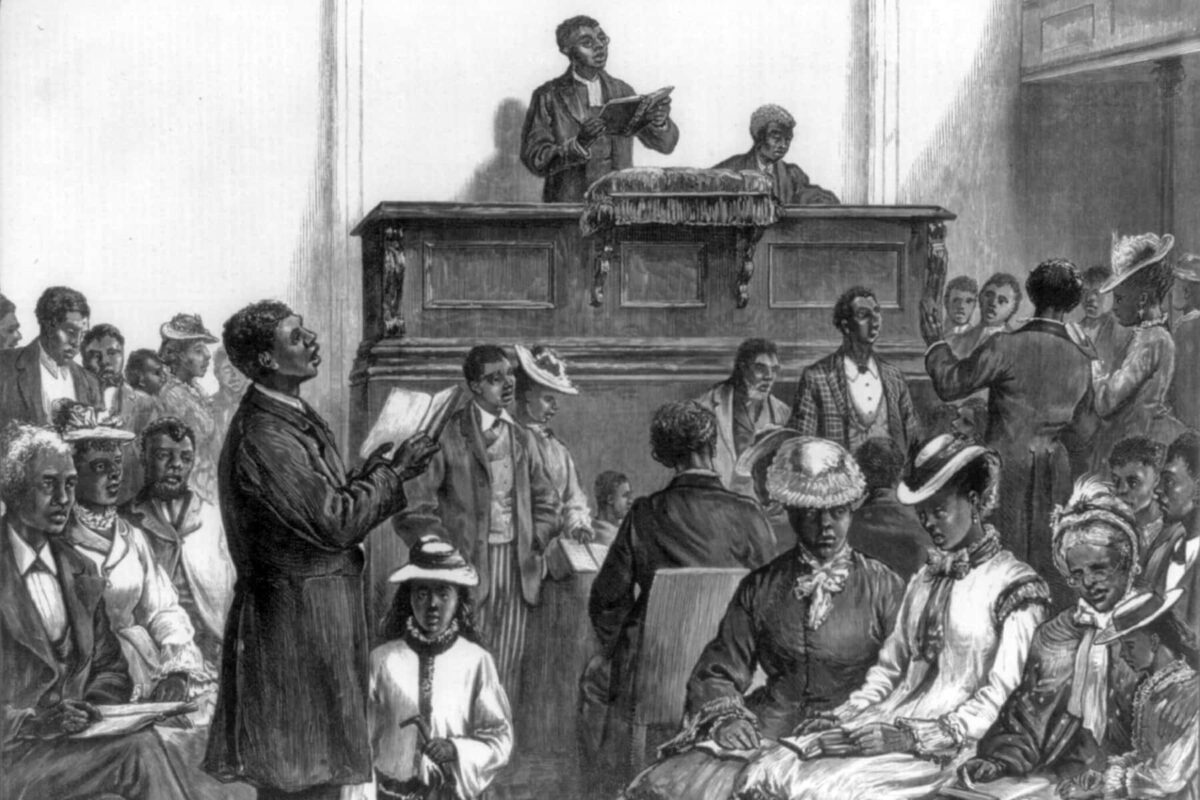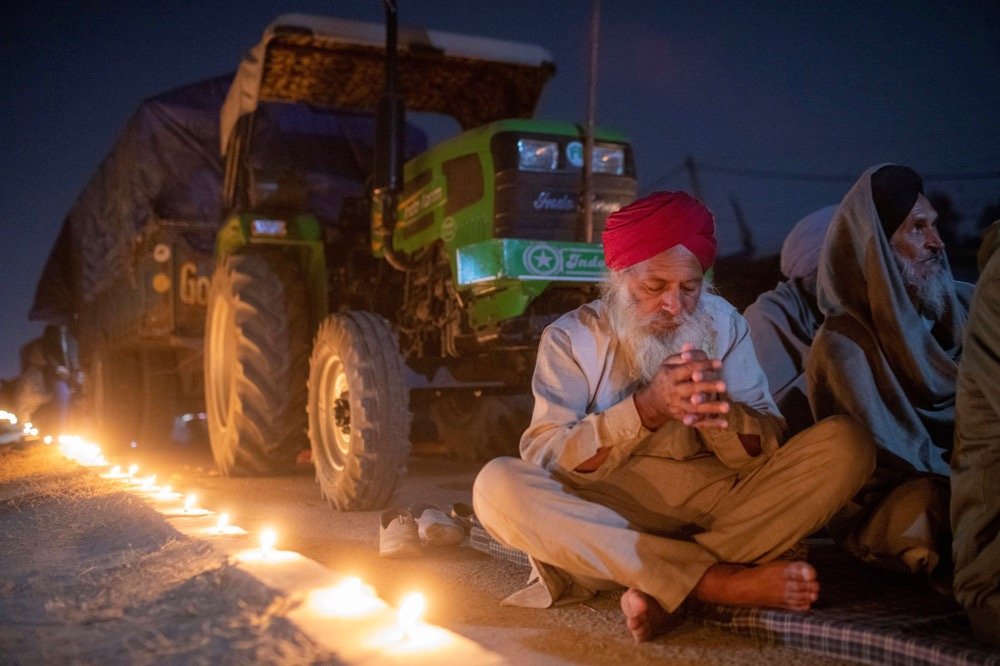The end of the first Opium War was just the beginning of the horrors China faced under imperialism. Beginning in 1850, China was rocked by a 10-year long civil war that took an estimated 20-30 million lives. You read that correctly. In the middle of that war, the imperialists attacked China again and fought a second opium war, which we’ll get to next. But first, the first part of the Taiping Rebellion, from 1850-56.
Category: Anti-Empire Project Podcast
The Anti-Empire Project podcast (formerly the Ossington Circle)
Civilizations 27: Opium War 1, 1839-40
We reach back in time a little bit to start the Civilizations Series on 19th century China – now known as the century of humiliation. The Opium War was one of the moments that turbo-charged imperialism. We tell the story the way Civilizations does – going back and forth between the imperialists and the local forces that tried valiantly (and in the case of our protagonist this episode, Lin Zexu, honorably) to resist. The series will continue with Opium War 2, the Taiping Rebellion, the reforms, and the Boxer Rebellion – but first, Opium War 1.
Civilizations 26c: Canada pt3 – Canadian colonialism: reserves, pass system, residential schools
By 1885, the Indian Act was in place, most Indigenous people were forced onto reserves, and the nadir of Canadian colonialism (so far) was set. Part 3 of 3 our series on Canada takes us through the residential school system and the racialist ideologies openly expressed throughout this phase of Canadian history.
Civilizations 26b – Canada pt2: disease, extinctions, and colonialism up to the Riel Resistance
Along with colonialism, smallpox and the driving to extinction of the beaver and then the buffalo played an immense role in the creation of what is now Canada. We tell the story of these factors in the development of Canadian colonialism from the days of New France and the Hudson’s Bay Company to the Riel Resistance of 1870, in part 2 of our series on Canada (that will go at least to 3 and probably 4 parts).
Some readings and errata on the Civilizations Resources page.
Civilizations 26a: Canada pt1 – Devolution, Confederation, and Immigration stories
Part 1 of at least 3 on Canada, this one sets up the story of Canadian colonialism with some required historical touchpoints about Canada’s devolution into independence from Britain, the story of Confederation as a series of business deals, and the role of racism in Canadian immigration policy.
Civilizations 25: The 1870 Paris Commune, as told by Karl Marx
The Paris Commune was so much more than a short bloody two-month interlude in European politics. In this episode, the story of the Paris Commune as related by Karl Marx in his address to the International Workingmen’s Association. From passing debt relief programs to tearing down militarist statues, the Paris Commune was a real revolution, for a moment at least. With the usual asides and notes about what else was going on.
Civilizations 24: Jamaica 1865 – Morant Bay Uprising shakes the British Empire
In 1865, Paul Bogle led an uprising in Jamaica that was repressed with extreme violence by the British, led by Jamaica’s Governor Eyre. The reaction was disproportionate and the story was big news in Britain, leading to a committee questioning Eyre’s brutality and a counter-committee forming to defend him. Both committees have some big names from Britain’s past: Darwin and Mill on one side, Dickens and Tennyson on the other – and many more.
Civilizations 23d: American Civil War pt4 – the Rise and Fall of Reconstruction
We conclude our 4 part series on the American Civil War following WEB Du Bois’s book Black Reconstruction in America, talking about the brief, glorious moment of potential for genuine racial equality in the United States. In some ways, despite the gains made a century later, we still live with the consequences of the fall of Reconstruction. In the Civilizations Resources page I show how WEB Du Bois divided his bibliography.
AEP 76: Punjab Farmer’s Movement Confronts the Modi Juggernaut
Opposing a series of Farm bills that will render them destitute and further enrich India’s billionaires, a farmer’s movement has converged on Delhi demanding that the legislation (passed in September) be repealed. I talk to historian Navyug Gill about the laws, the history, and the politics of the Farmer’s movement in India, a sustained opposition that has arisen to the seemingly unstoppable BJP-Modi juggernaut.
AEP 75: The Dec 6 Venezuelan Legislative Elections
Maria Victor and I talk about the December 6 legislative elections in Venezuela. Turnout was low at 31%, but that’s normal for legislative elections* in a pandemic (Romania had around the same turnout on the same day, as others have pointed out). We talk about the electoral system in Venezuela, why it’s more fair than you’ve been led to believe, the disgraceful role Canada continues to play in trying to foment a coup in Venezuela, and what the new legislature is likely to do.
*Correction: Maria refers to the previous legislative elections in Venezuela as having a turnout of 25% – the 2015 legislative elections actually had a turnout of 75%. The 2005 legislative elections, however, had a turnout of 25%.


